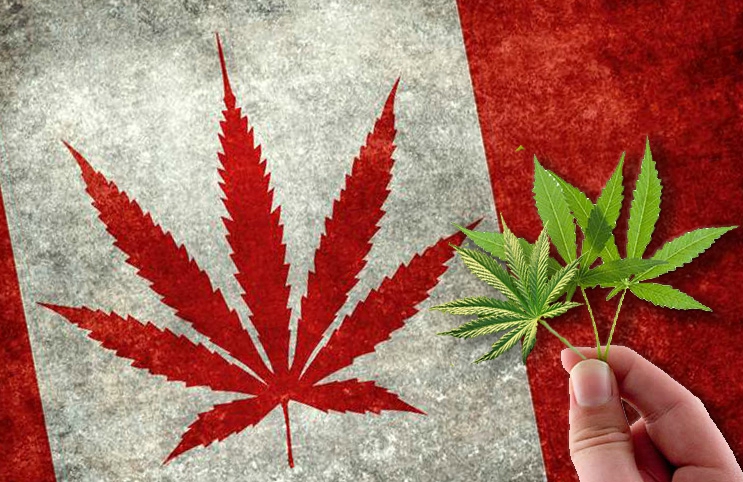
German Health Insurance Providers Are Covering Cannabis

German Health Insurance Providers Are Covering Cannabis
The United States health care debate is as long as it is ugly.
So frankly, I’m not going to get into it.
Suffice to say the United States does things differently than most other “developed” countries. In Germany and most of Europe, healthcare is universal and the State plays a more hands-on approach to control and regulation. When thinking about implementation of medical cannabis laws, these differences are worth noting.
There are some protections for patients in the United States, such as in the State of Oregon where patient application fees for Medicaid (Oregon Health Plan) recipients are lower and medicine remains untaxed, as opposed to the 17% or 20% tax rates placed on adult-use cannabis. But so far, bringing cannabis into mainstream healthcare has been difficult. While there are now finally insurance companies willing to provide services to cannabis businesses as operators, there is little indication individual health insurers are ready to provide cost-offsets to purchase the federally illegal substance.
Now, with the major expansion of German’s medical cannabis program last year, German health insurance companies are now beginning to foot the bill – at least partially – for medical cannabis patients to get their medicine. (It’s almost like cannabis is a real medicine or something!) However, significant barriers remain for patients who are trying to get their medicine.
Michael Knodt, a writer for Vice, leading expert on German and international cannabis policy, and speaker for the International Cannabis Business Conference (ICBC), informed us that the costs of administration, transportation and other fees for the German medical cannabis program are creating a problematic situation for patients who are hoping for reimbursements. Whereas neighboring Netherlands is selling cannabis at 6 euro/gm, insurance in Germany is spending 22.9 euro/gm. Though pharmacies are undoubtedly enjoying the large pay-out per prescription, over-burdensome costs seemingly inhibit insurance coverage, creating a financial burden on patients in need and theoretically minimizing participation in the program. Michael further explains in a recent article on Marijuana.com:
“The number of issued private prescriptions, in which patients have to pay for their own medicine, should be significantly higher, just as it was during the first three months after the law’s establishment but those numbers have not been published yet.
“In cases where a doctor supplies a so-called “private prescription,” the patient must pay for their medicine out of pocket. The insurance is not involved in this process, but “insurance-prescription,” on the other hand, guarantees reimbursement. No doctor would supply an “insurance-prescription” without the provider’s permission to prescribe cannabis, applied for in advance. The medical service of all insurers is an independent panel of doctors who decide the need and reimbursement of special therapies or medical aid.”
Time will tell how Germany deals with this issue. In the interim, European and other countries with universal healthcare will be watching to see how German health insurers handle the problems of supply and demand for cannabis, and what that means for patients in need of their medicine.
Come to Berlin on April 11-13, 2018 to meet Michael Knodt in person at the International Cannabis Business Conference, and get all of your most pressing questions answered about the German cannabis program. Join Michael and the field of international experts to find out where you fit in the emerging European cannabis industry at Europe’s biggest B2B cannabis conference! Tickets are on sale now!
Featured photo credit: Michael Knodt, all rights reserved.
Share article


Share article
Join Our Awesome Community
Join Our Awesome Community
Join Our Awesome
Community
Get all the latest industry news
delivered to your inbox







